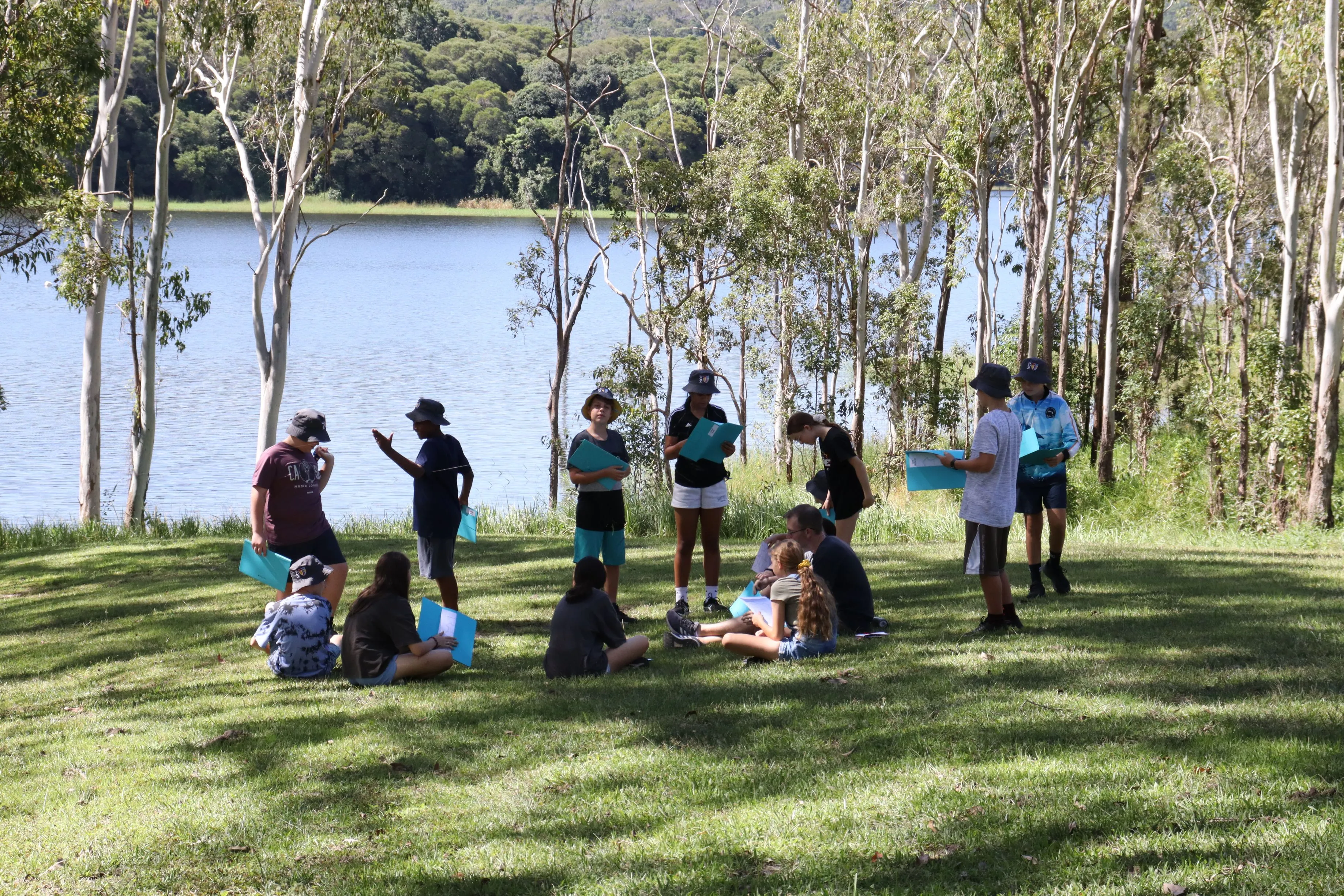 At Newman Catholic College we are working towards making your child’s transition to secondary as smooth and enjoyable as possible. When families and schoolwork together the end result is that students move with ease into their new environment. The importance of the transition from Primary to Secondary: Students need to make positive adjustments to their new school and classes so that their wellbeing is maintained, and their learning is coherent and continuous. McGee et al (2003) found that there was a strong correlation between the extent to which students experienced difficulty following transition and their likelihood of dropping out from education.
At Newman Catholic College we are working towards making your child’s transition to secondary as smooth and enjoyable as possible. When families and schoolwork together the end result is that students move with ease into their new environment. The importance of the transition from Primary to Secondary: Students need to make positive adjustments to their new school and classes so that their wellbeing is maintained, and their learning is coherent and continuous. McGee et al (2003) found that there was a strong correlation between the extent to which students experienced difficulty following transition and their likelihood of dropping out from education.
Other research indicates that poor transitions impact on students’ wellbeing and on their achievement in the future (West et al, 2008). “Where students experience multiple transitions because of transience, there are identifiable negative impacts on their achievement.” Catholic Schools Parents Australia has produced an excellent four module resource for parents with children transitioning into secondary schooling. These modules will assist Newman Catholic College staff and families to support children achieve their best through the upcoming transition and beyond. The modules, accessible through the following link, are divided into four sections focusing on key aspects of supporting your child’s transition and fostering positive school relationships. The shift to secondary school is often accompanied by other changes in young people’s lives as they physically and emotionally mature and face puberty. The combination of new routines, a different physical environment, independent learning expectations and the various social challenges can be both exciting and challenging. Distress and pressures from adjustment are common across these years.
Parental engagement during the secondary school years offers numerous benefits, including improved academic achievement, stronger aspirations, and better social relationships. The transition to secondary school presents challenges for teens, such as adapting to new routines, meeting new teachers and peers, and navigating adolescence and technology use. Parents can support their teens by maintaining open communication, preparing them for changes, setting boundaries for technology use, and staying involved in school activities. Balancing teens’ need for independence with parental guidance is key, including observing their well-being, offering support, and celebrating their achievements to foster motivation and confidence.


